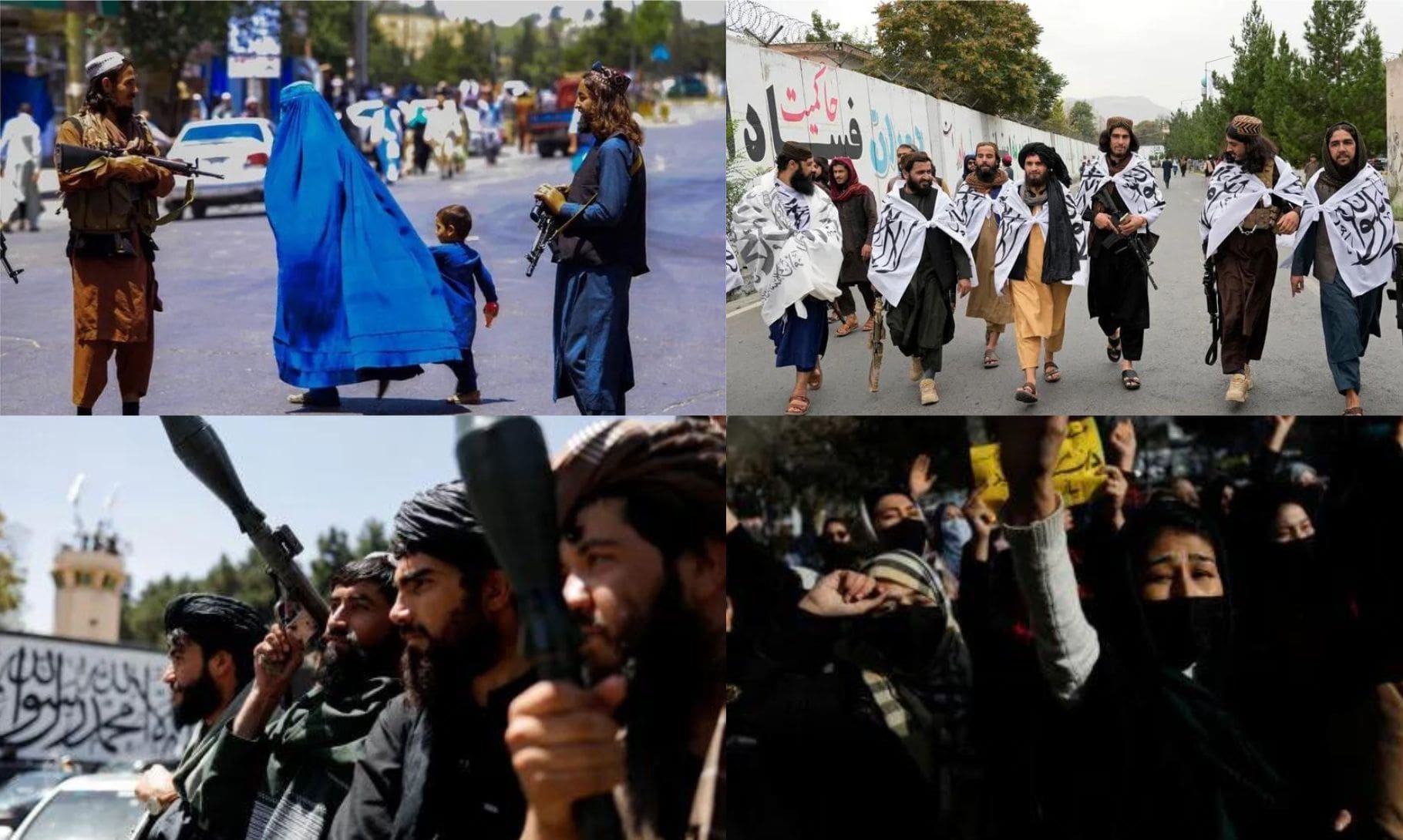Taliban, a Sunni Islamist terrorist group ruling in Afghanistan, has imposed harsh restrictions on personal freedoms, according to a recent UN report by the UN Assistance Mission in Afghanistan (UNAMA). The Taliban’s morality police, known as the Ministry of the Propagation of Virtue and the Prevention of Vice (MPVPV), enforces strict Islamic laws, banning activities such as listening to music, smoking hookah, and getting Western-style haircuts. These actions have created a climate of fear, especially for women and girls.
Since the Taliban took control of Afghanistan in August 2021, they have reverted to strict rules similar to their previous regime in the 1990s, despite earlier promises to respect women’s rights within Islamic law. Between August 2021 and March 2024, the UN recorded over 1,000 cases of Taliban officers using violence to enforce these rules. Methods include verbal threats, arrests, detentions, mistreatment, and public beatings.
Women face the most severe restrictions. The Taliban has closed women-owned businesses, banned women from movies, shut down beauty salons, and limited access to birth control. Women cannot visit parks, gyms, or public baths and must have a male guardian for travel over 78 kilometers. They must wear hijabs, while men must follow rules about beard length and hairstyles. In December 2023, the morality police shut down 20 barbershops for giving Western-style haircuts and detained barbers until they promised to stop.
The UN report stresses that Afghanistan, as a signatory to seven international human rights agreements, must protect human rights. The Taliban’s actions violate rights to work, move freely, express oneself, and access sexual and reproductive health services. The Taliban dismissed the UN’s criticism, claiming it assessed Afghanistan from a Western viewpoint rather than as a Muslim society under Sharia law.
The Taliban’s control has led to a rise in suicide attempts among women. A 16-year-old girl told CNN she drank battery acid to escape life under the Taliban after being banned from school. The report also notes a ban on displaying human and animal images, leading to the removal of advertisements and covering of mannequins. NGOs have had to remove human images from educational materials about unexploded ordnance and public health.
Media is heavily restricted, and Afghanistan has become a surveillance state, with privacy violations through phone and car searches, mosque attendance records, and requiring proof of family relationships in public. The Taliban met with UN officials and envoys in Qatar in June 2024, sparking criticism for excluding Afghan women. The UN emphasized that Afghan women’s concerns were central to the talks.
The UNAMA report highlights severe human rights violations under Taliban rule, especially against women and girls. Despite earlier promises of moderation, the Taliban’s strict Islamic laws have led to widespread fear and oppression. The international community continues to urge the Taliban to uphold their human rights obligations.









